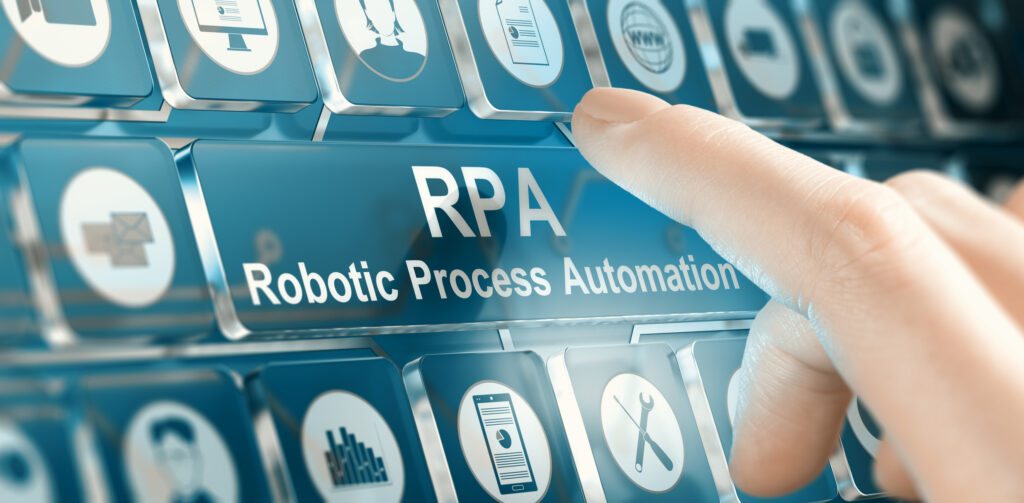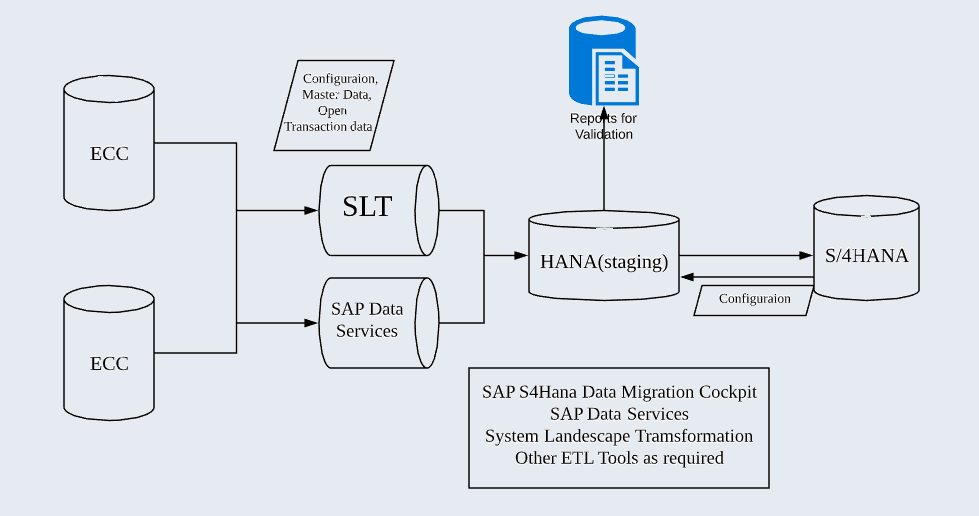We provide a secure, consistent, reliable and scalable virtual workforce that follow rule-based business processes and interact with operational system the same way a human user would do. It complements the traditional IT solutions and front office productivity tools, and provides a higher level of automation, significantly lower level of investment and a greater speed to deployment.
Supply chain RPA Use Cases:
- Automating Shipment Process with RPA
- Automating Inventory Management with RPA
- Automating Order to Cash with RPA
- Automating Procure to Pay with RPA

Robotic process automation (RPA) allows an organization to deploy smart software bots that will automate common operational processes throughout the business. These bots are intelligent agents that can learn how specific tasks are performed and then repeat those tasks, eliminating human error and reducing overhead.



